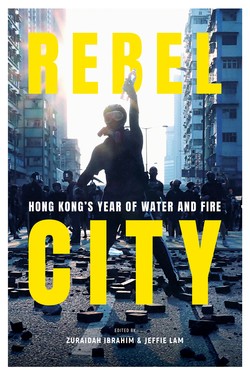Читать книгу Rebel City - South China Morning Post Team - Страница 26
На сайте Литреса книга снята с продажи.
Why the rush?
ОглавлениеOn February 12, 2019, almost a year to the day since Poon’s death, the extradition bill was unveiled. It proposed changing the relevant laws so that fugitives could be transferred to jurisdictions outside the 20 places Hong Kong had agreements with.
These transfers would be decided on a case-by-case basis and would follow a set process once a request was received. First, the chief executive would decide whether to seek an arrest warrant. Then, if she did so, the Hong Kong courts would decide whether to grant that warrant.
There were a couple of other provisos: only crimes that carried a sentence of at least one year’s imprisonment would be considered and the subjects of extradition requests would have the right to challenge them before the courts.
The government was in a hurry to get the bill passed. So it skipped the lengthy consultation period that would normally have involved months’ worth of public discussion and instead gave the city’s residents just 20 days to give their feedback.
Why the rush? Well, again there were two schools of thought.
One explanation, the one offered by Lam, was that the Taiwan murder case meant time was of the essence. She was backed on this by pro-establishment and pro-Beijing political parties that seemed confident that public sympathy for Poon’s grieving parents would mean that the bill would sail through the legislative process smoothly.
But there was another, more cynical view. This was that Lam was trying to rush the bill through before anyone had time to digest the profound implications it would have for Hong Kong’s relationship with mainland China.
